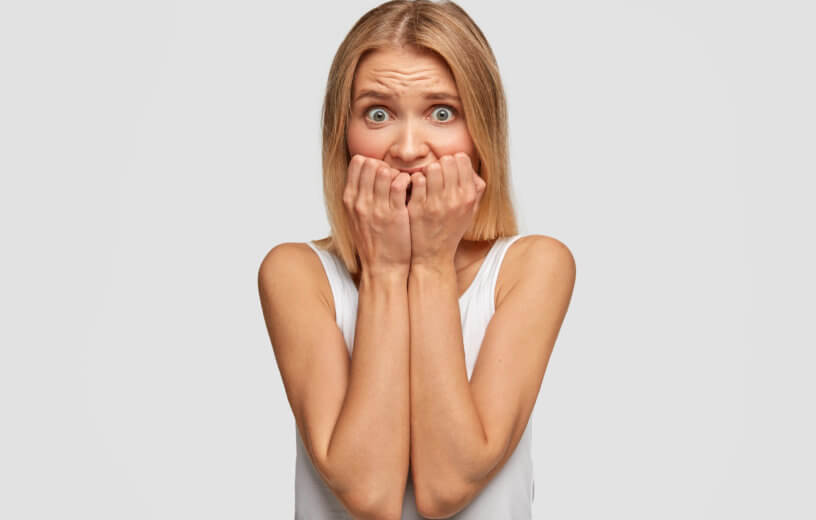We all know that anxiety can be a real buzzkill, but there are some absolutely awesome remedies out there that can help you find your zen. From ancient herbal concoctions to cutting-edge relaxation techniques, there’s something for everyone. Experimenting with the best remedies for anxiety can be surprisingly fun. Who knew that the path to calm could involve so much adventure and self-discovery?
In a society that often feels like a never-ending rollercoaster of emotions, it’s nothing short of miraculous that there are tools and techniques out there that can help us sail smoothly through the stormy seas of stress. What if the answer lies in one of the best remedies for anxiety? StudyFinds has crafted the zen roadmap, pinpointing the finest stops for anxiety relief, according to the consensus among 11 experts. Did we miss one? Let us know in the comments!
➡️ How Our “Best Of The Best” Lists Are Created
StudyFinds’ “Best of the Best” articles are put together with the idea of taking the work out of common consumer research. Ever find yourself searching for a product or service on Google and reading multiple reviews to find items listed across many of them? Our Best of the Best lists are created with that process in mind, with each item ranked by how frequently it appears on expert reviews or lists. With Best of the Best, you are getting consensus picks — making them truly the best of the best!
The List: Best Remedies for Anxiety to Ease Your Mind
1. Journaling
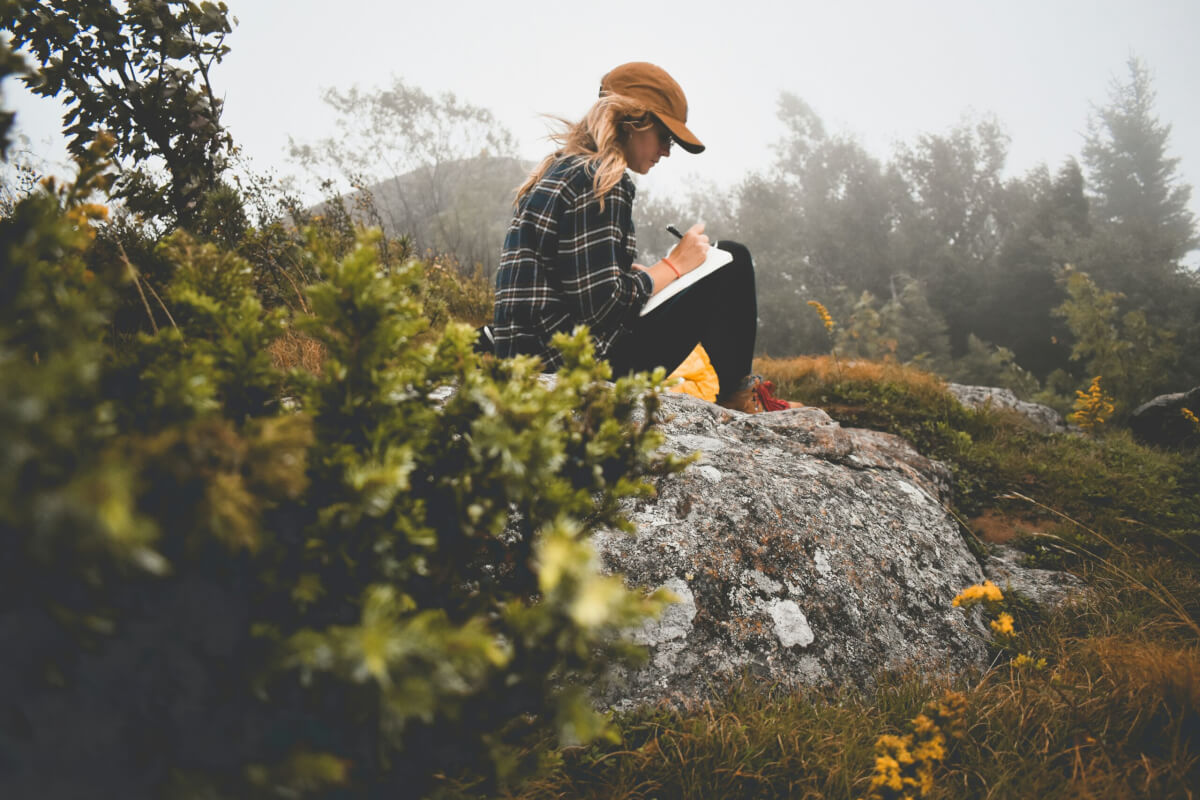
Feeling overwhelmed by anxiety? Journaling can be a powerful tool to navigate the complexities of this common emotion. It is a great method to practice self-awareness, which can be helpful in processing anxiety. Choosing Therapy emphasizes the importance of “assessing your situation” before tackling anxiety. By writing down your experiences, whether physically or digitally, you can identify triggers, symptoms, and underlying causes of anxiety. This self-awareness becomes the foundation for managing your anxiety effectively.
Journaling is also a great way to express yourself without judgement. Medical News Today notes the value of “finding a way to express anxiety” and suggests that journaling and writing in general can be helpful coping mechanisms. Putting anxious thoughts on paper can help externalize and release the burden they carry, making them feel more manageable.
Health.com sheds light on potential benefits beyond simply expressing anxiety. A study on “positive affect journaling”, where participants focused on writing down positive emotions, showed reduced anxiety in individuals with various medical conditions. This suggests that journaling can not only help manage negative emotions, but also cultivate positive ones, potentially bolstering overall well-being.
2. Meditation
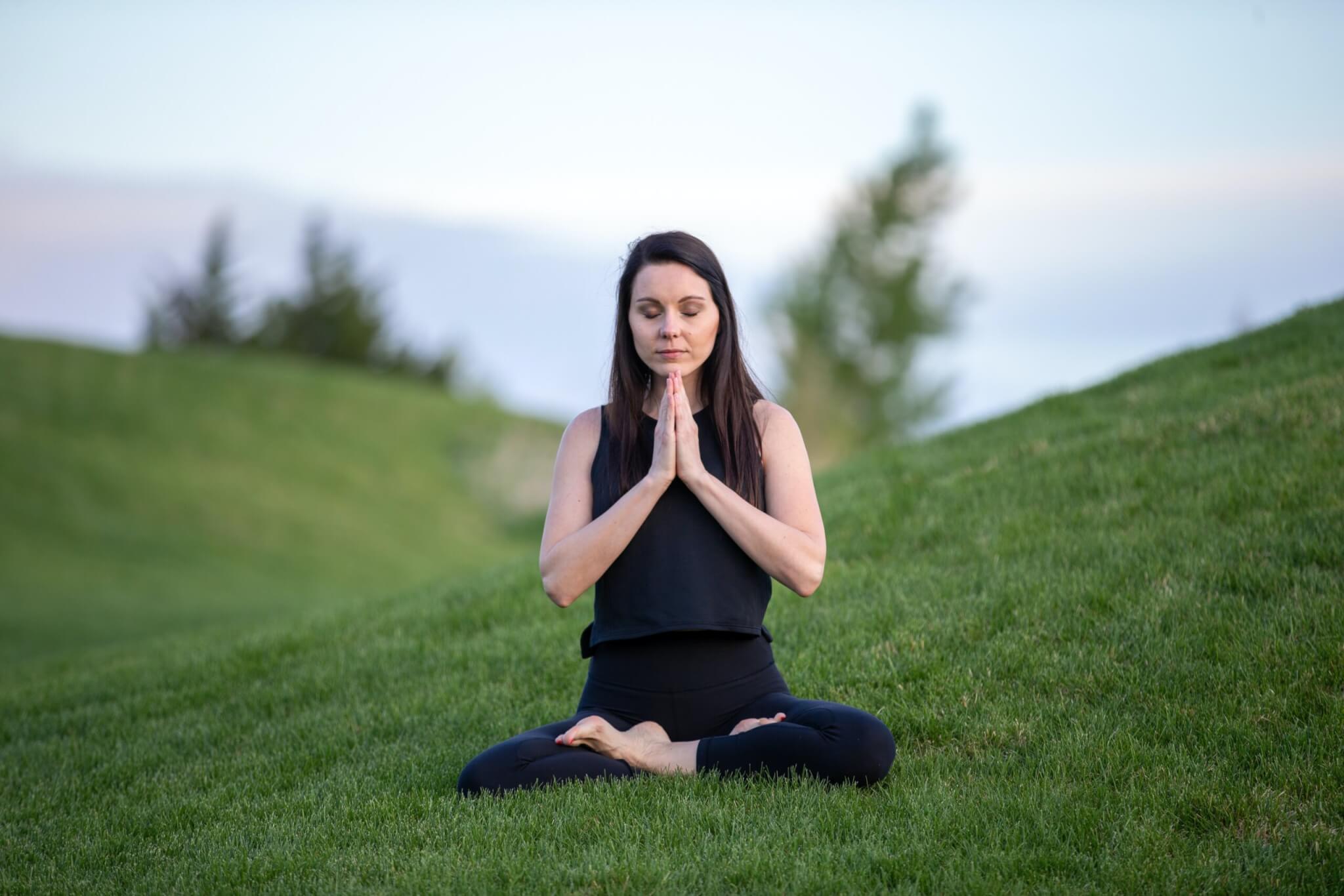
Harnessing the peace from our last stop, let’s meander through another meditative marvel. Meditation has gained recognition for its potential to promote well-being, particularly in managing stress and anxiety. Healthline emphasizes meditation’s core principle of cultivating “full awareness of the present moment.” This involves observing your thoughts and feelings without judgment, fostering a sense of calm and acceptance. By learning to mindfully tolerate all inner experiences, you can find greater peace and self-compassion.
Both Medical News Today and WebMD highlight the effectiveness of meditation in “slowing racing thoughts” and “relieving anxiety symptoms.” This practice equips you with tools to navigate stressful situations more effectively, promoting a sense of inner ease. WebMD further clarifies that meditation often involves mindfulness, which is the practice of focusing your attention on the present moment and quieting the mind chatter. This allows you to cultivate a sense of calm and replace negativity with inner peace.
To get started on your meditation journey, check out our list of the best meditation apps here.
3. Exercise
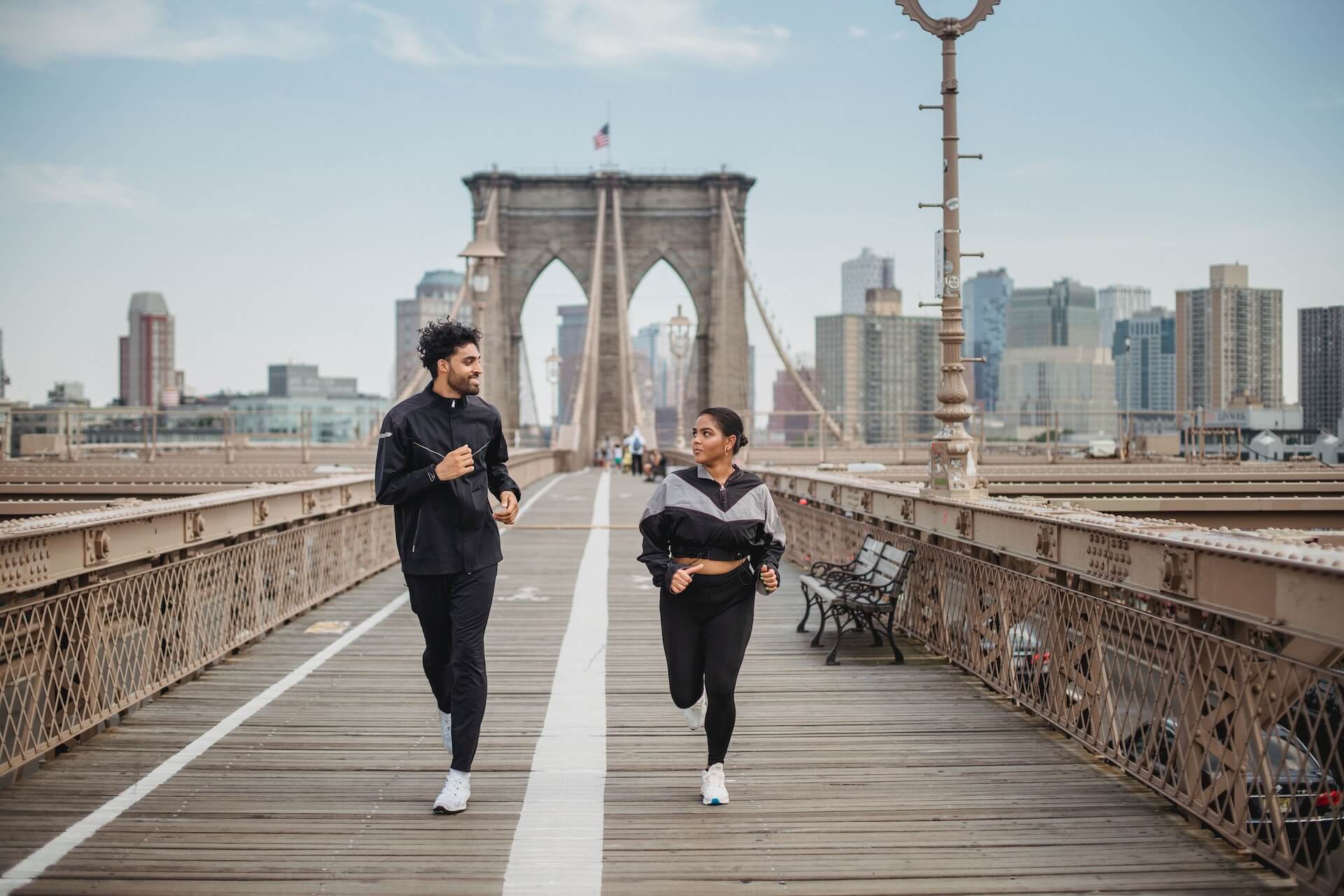
The positive impact of exercise extends far beyond physical health, significantly benefiting our mental well-being, particularly in managing anxiety. Getting a workout in provides your body and mind with immediate and long-term effects. Health.com reports on the U.S. Department of Health and Human Services’ recommendation of 150 minutes of moderate-intensity exercise per week for overall health benefits. They further emphasize that research shows even a single exercise session can offer immediate relief from anxiety.
WebMD explores the mind-body connection of exercise that is hard to replicate elsewhere. They explain that physical activity provides a distraction from worries and triggers the release of endorphins, natural mood-boosting chemicals in the body. While research supports the effectiveness of both moderate and high-intensity exercise, high-intensity workouts may be more impactful in reducing symptoms of anxiety. (Medical News Today).
4. Aromatherapy
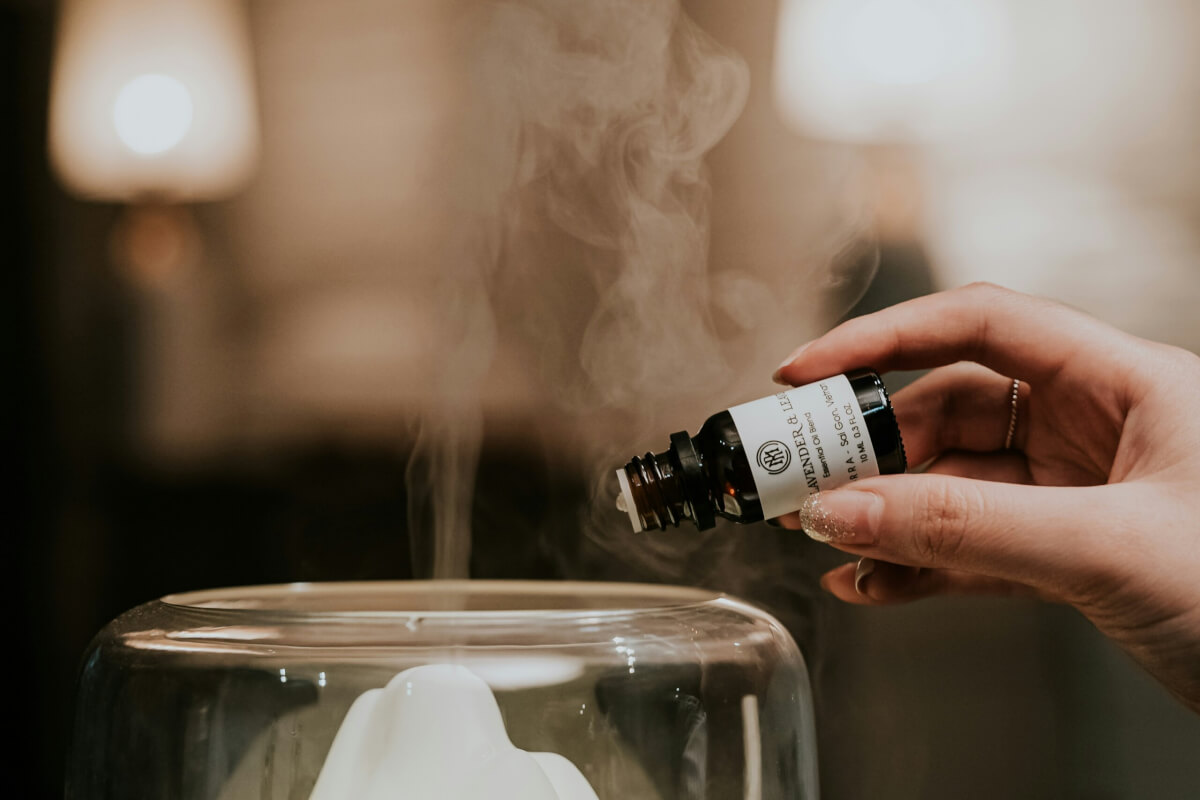
Aromatherapy, practiced for millennia, offers a holistic approach to enhancing both physical and emotional well-being. Healthline highlights the long history of aromatherapy, dating back thousands of years. But this ancient practice still yields modern benefits. It utilizes natural plant extracts and essential oils to promote health and well-being of the mind, body, and spirit.
WebMD says essential oils can improve mood, promote relaxation, and reduce anxiety. There are also various methods of using these oils, including diffusers, lava bead bracelets, or diluted applications on the wrists or neck.
K Health acknowledges the limited research on aromatherapy, but also shares promising findings suggesting its effectiveness in managing anxiety and improving sleep quality. They recommend using diffusers with calming scents or inhaling directly from the bottle for anxiety relief. Common essential oils used for relaxation include lavender, orange, chamomile, and others.
It’s important to note that KHealth also advises against applying essential oils directly to your skin or ingesting them, and recommends consulting a doctor before using them around children.
5. CBD Oil
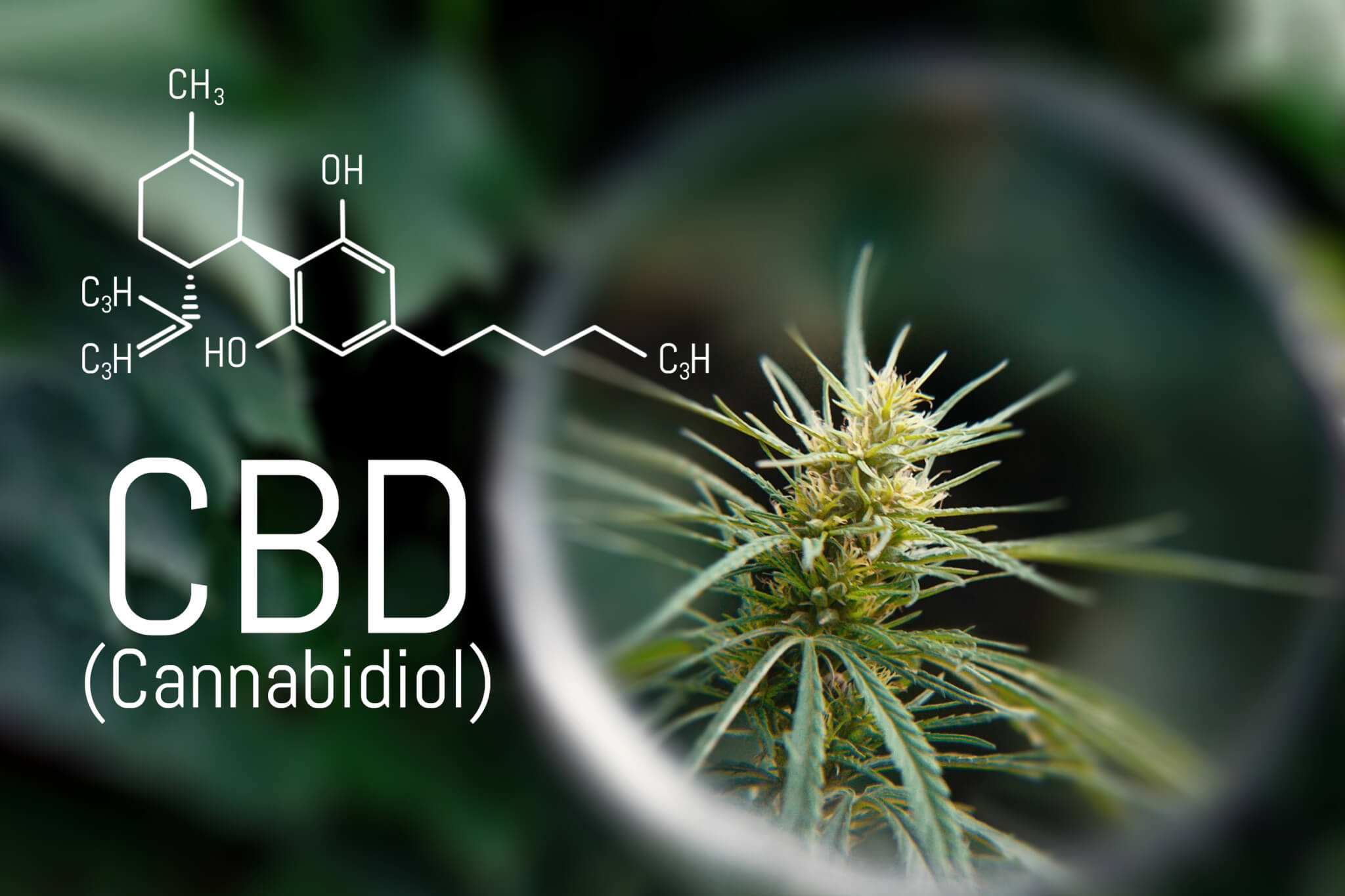
Ever wondered why CBD oil has been creating such a soothing splash lately? Cannabidiol, or CBD, a compound found in cannabis, has gained significant popularity in recent years, particularly for its potential therapeutic benefits. However, the current scientific understanding of its effectiveness remains unclear, especially concerning anxiety treatment. The Cut highlights the lack of conclusive evidence, stating that current research doesn’t definitively establish CBD’s effectiveness for various conditions, including anxiety.
Hemp-derived CBD contains minimal to no THC (the psychoactive component in marijuana). While not a cure-all, WebMD says that studies suggest its potential as an alternative anxiety treatment.
KHealth emphasizes the need for further research while acknowledging initial positive findings, particularly regarding improved sleep and reduced anxiety. They advise consulting with a doctor to determine if CBD oil might be a suitable option for individual needs.
You might also be interested in:
Sources:
- Choosing Therapy
- TheCut
- Heathline
- MedicalNewsToday
- WebMD
- Health.com
- Talkspace
- Forhers.com
- Goodrx
- KHealth
- PrimeHealthDenver
Note: This article was not paid for nor sponsored. StudyFinds is not connected to nor partnered with any of the brands mentioned and receives no compensation for its recommendations. This article may contain affiliate links in which we receive a commission if you make a purchase.
